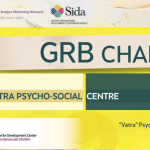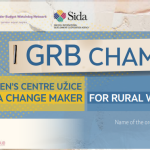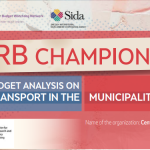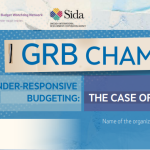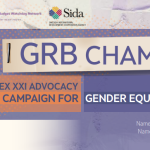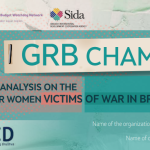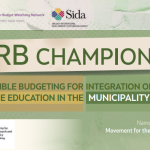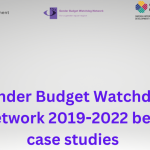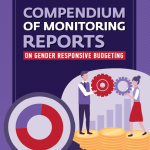
The Compendium of Monitoring Reports on Gender Responsive Budgeting was prepared under the project “Through gender lenses: appraising budgets and policies, watchdogging local action plans for gender equality implementation”. The project is implemented by the Center for Research and Policy Making, the Rural Coalition, the Journalists for Human Rights, the Roma Women and Youth Association Luludi and the Educational Humanitarian Organisation EcHO Shtip. The project is financed by the European Union through the Program Support to Civil Society Networks and Platforms in the Republic of North Macedonia.

This paper collecting case studies on CSOs holding governments accountable to GRB implementation through budget execution was written by Claire O’Donnell in collaboration with the Gender Budget Watchdog Network (GBWN).
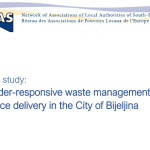
The Case study “Gender-responsive waste management service delivery in the City of Bijeljina” is intended to showcase the benefits of engendering waste management practices and how such an approach makes citizens involved in the planning processes, identification of their needs and thus contributes to improving the quality of the overall service, and increasing customer satisfaction with it. This intervention also aimed to test the earlier developed NALAS Methodology for gender mainstreaming in waste management, and introduce a gender-sensitive approach within the waste management practice of the Public Utility “AD Komunalac” from Bijeljina, Republic of Srpska, Bosnia and Herzegovina.
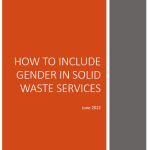
This guide attempts to provide an answer to the question of how to mainstream gender in the waste management process in all its key phases. It is mainly intended at guiding the municipal administration (mayor, municipal administration, public utility companies’ management, and administration, etc.) step by step through the process of waste management and providing advice and ideas on how to include the gender aspect in its implementation, based on EU legislative and policy framework for waste management. In this context, the document will provide an analytical overview of waste management processes and practice with a focus on gender aspects in southeast Europe economies.
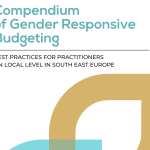
This Compendium of Gender Responsive Budgeting (GRB) Best Practices documents GRB best practices identified against the gender equality objectives set in the European Charter for Equality of women and men in local life. The Best Practices are identified following a Methodology that strives to detect explicit and tangible GRB initiatives that demonstrate how the process of policymaking and budgeting on local level was reorganized to include gender perspective, how different GRB tools were applied and the impact on the status of women and men in the municipality. The Best Practices were gathered through a questionnaire, designed to collect information about the implementation of past GRB practices at local level.
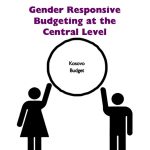
A Practical User’s Guide Kosovo Women’s Network, 2017 Authors: Nicole Farnsworth, Elisabeth Klatzer, Donjeta Morina, Ada Shima, Nerina Guri and Dea Pallaska O’Shaughnessy.
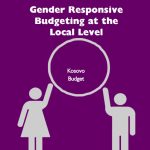
A Practical User’s Guide Kosovo Women’s Network, 2017 Authors: Nicole Farnsworth, Donjeta Morina, Elisabeth Klatzer, Dea Pallaska O’Shaughnessy, Nerina Guri, and Ada Shima.
